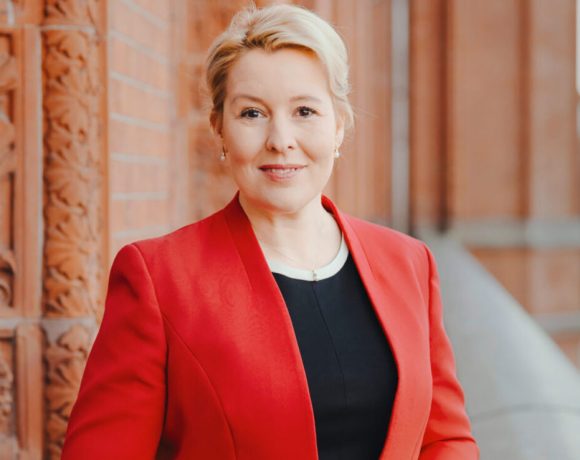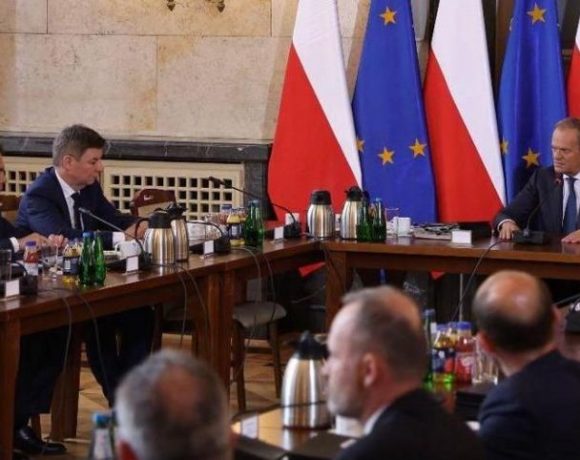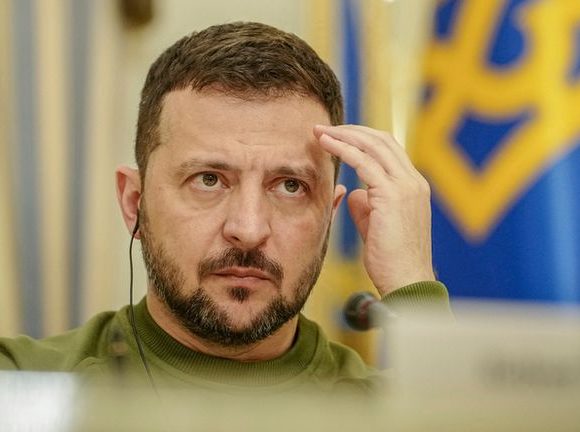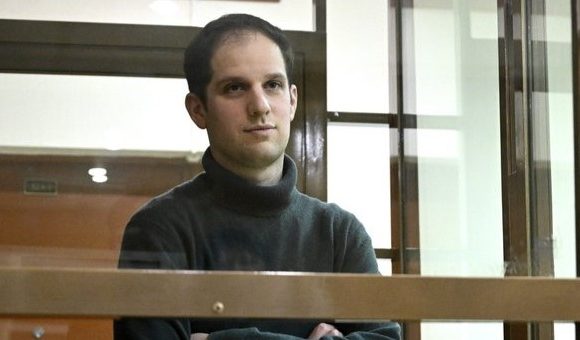
Two Chinese nationals, aged 27 and 29, have been arrested in the quiet south-western French village of Camblanes-et-Meynac, near Bordeaux, on suspicion of espionage. Locals became wary after the men, who had rented a house via Airbnb, installed a large parabolic satellite dish in their garden, coinciding with disruptions to nearby internet services. French authorities seized a significant amount of computer equipment during a raid by the General Directorate for Internal Security (DGSI).
The suspects, who arrived last month on work visas claiming to be engineers in wireless communications, are accused of attempting to capture satellite data from Starlink and sensitive information from military and critical installations in the region. Two other Chinese-origin men living in France were also charged with assisting the operation. They are currently in custody facing charges of “delivering information to a foreign power.”
South-western France, home to major aerospace, defense, and telecommunication hubs, has been a recurring target for Chinese espionage. Experts highlight previous incidents, including satellite dish installations near Toulouse and breaches at the University of Bordeaux. Authorities are increasingly publicizing such cases to emphasize the espionage threat, though locals remain bemused by spies setting up in their typically peaceful villages.
Pic courtesy: google/ images are subject to copyright









